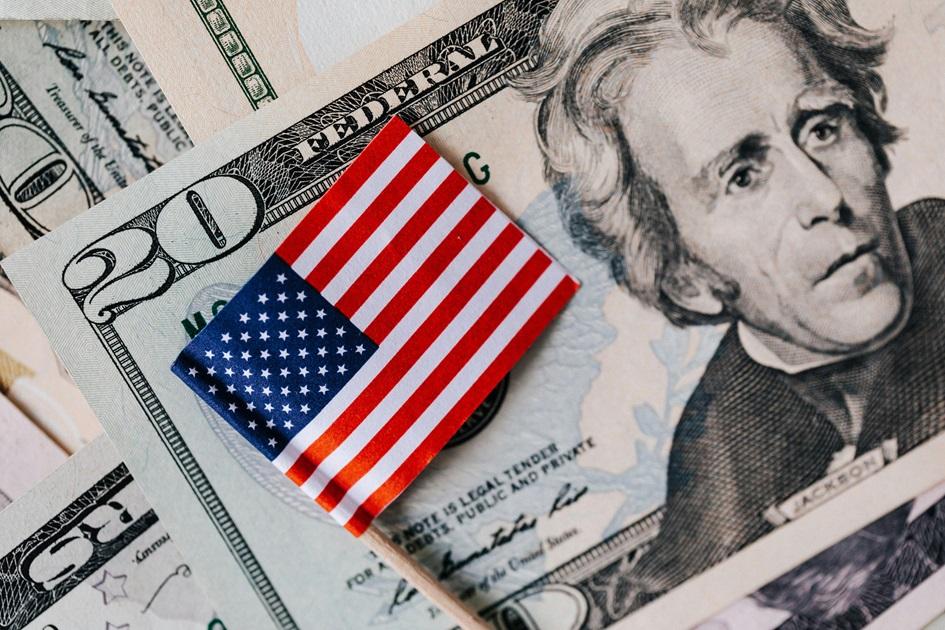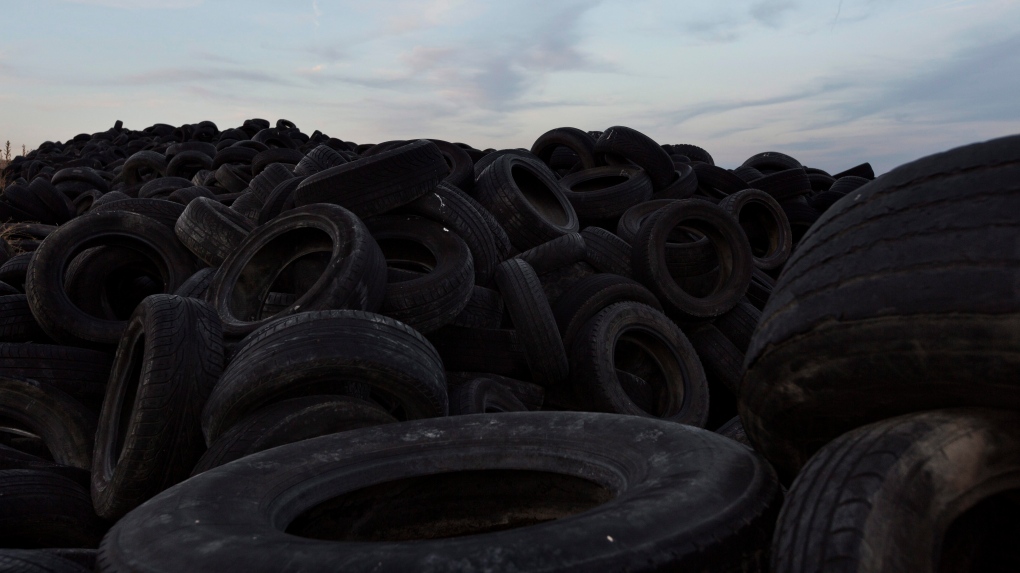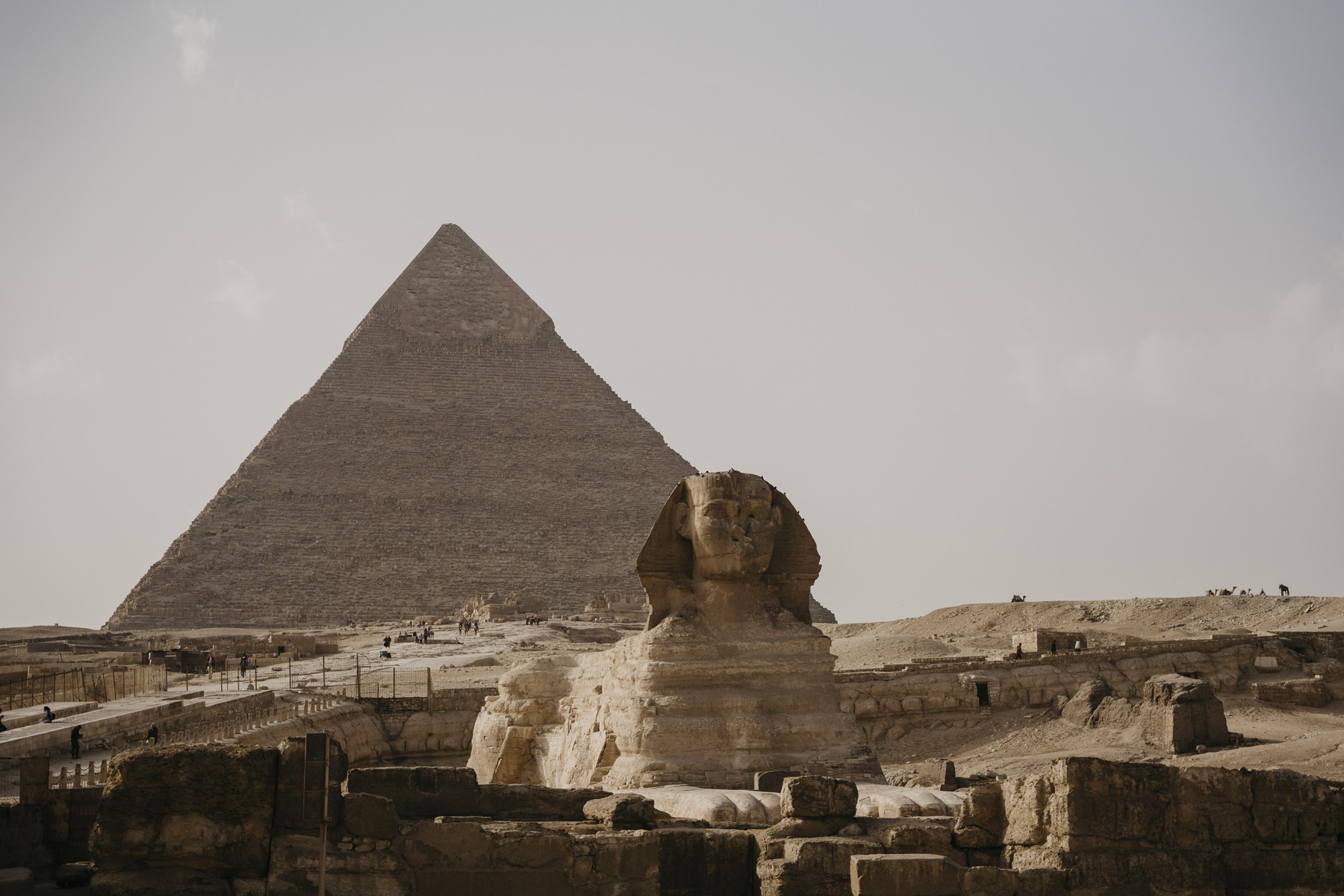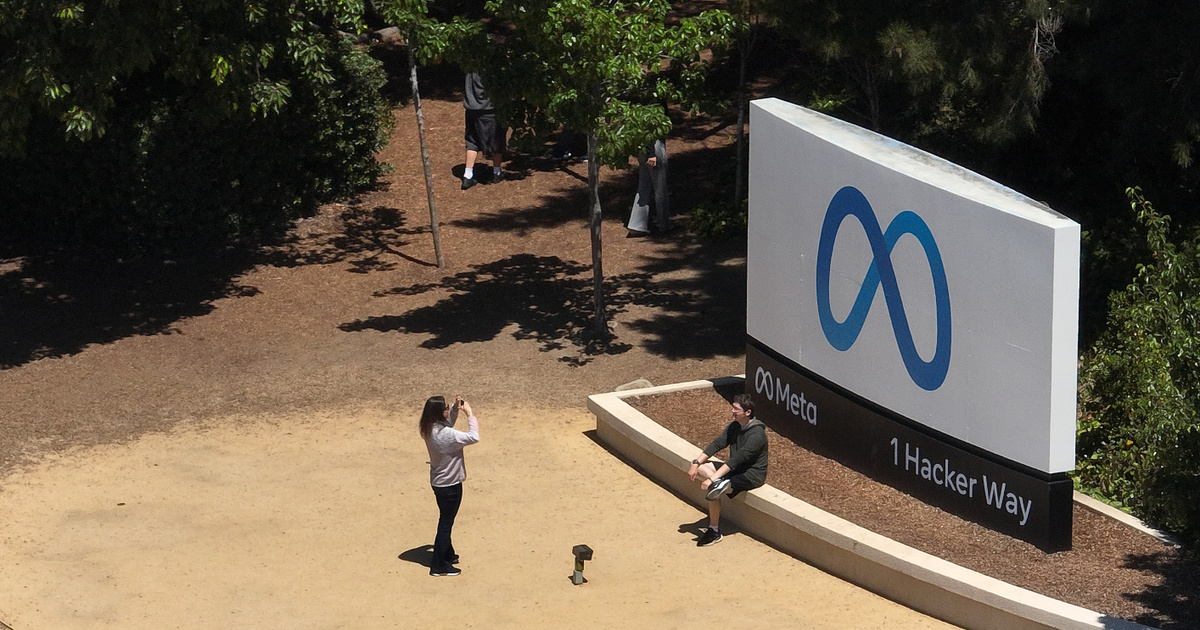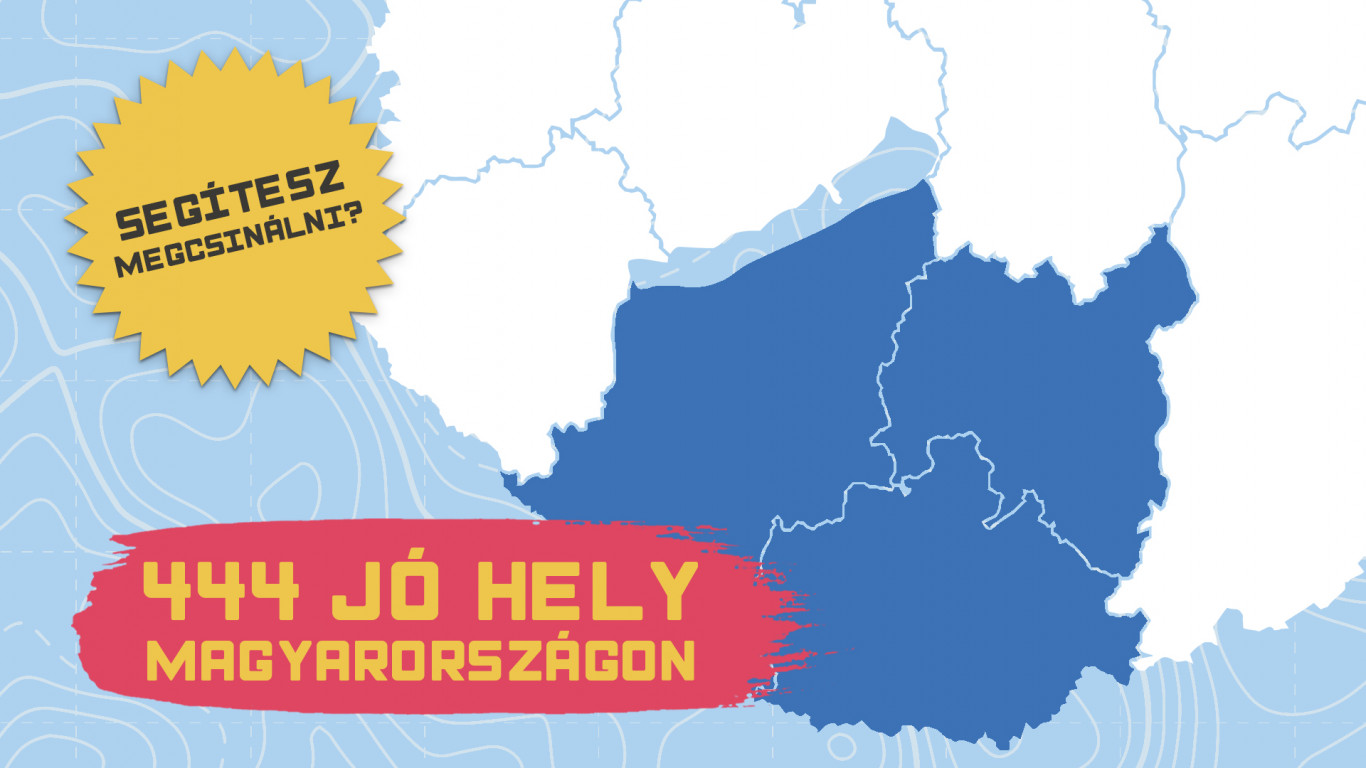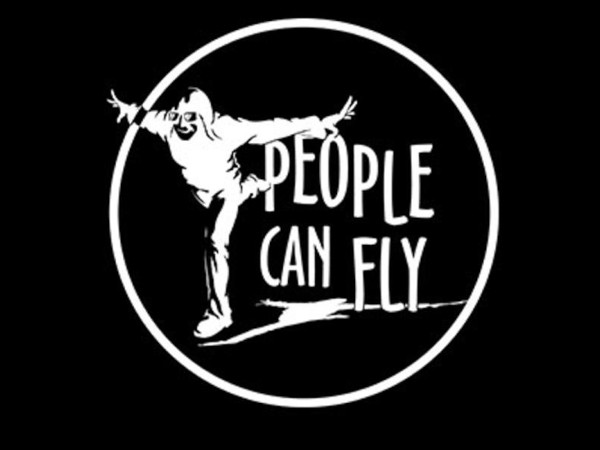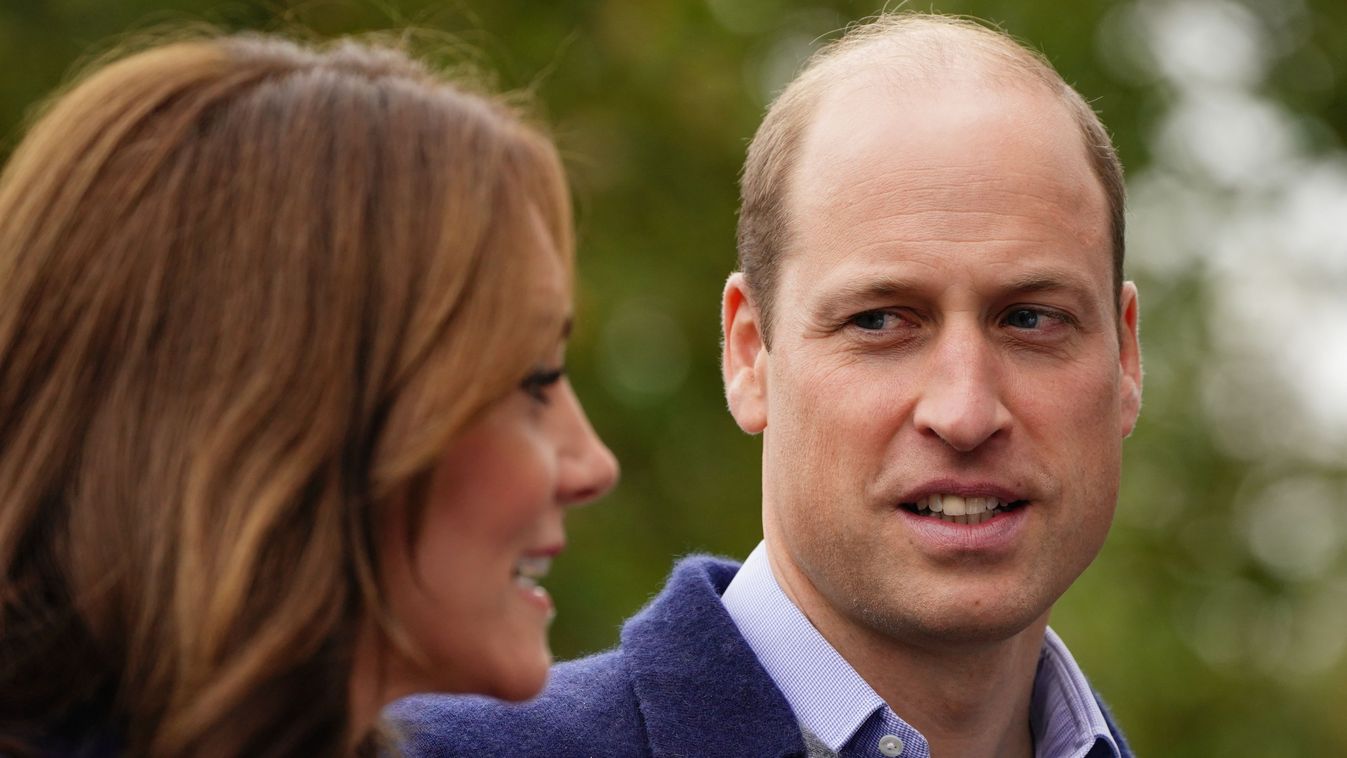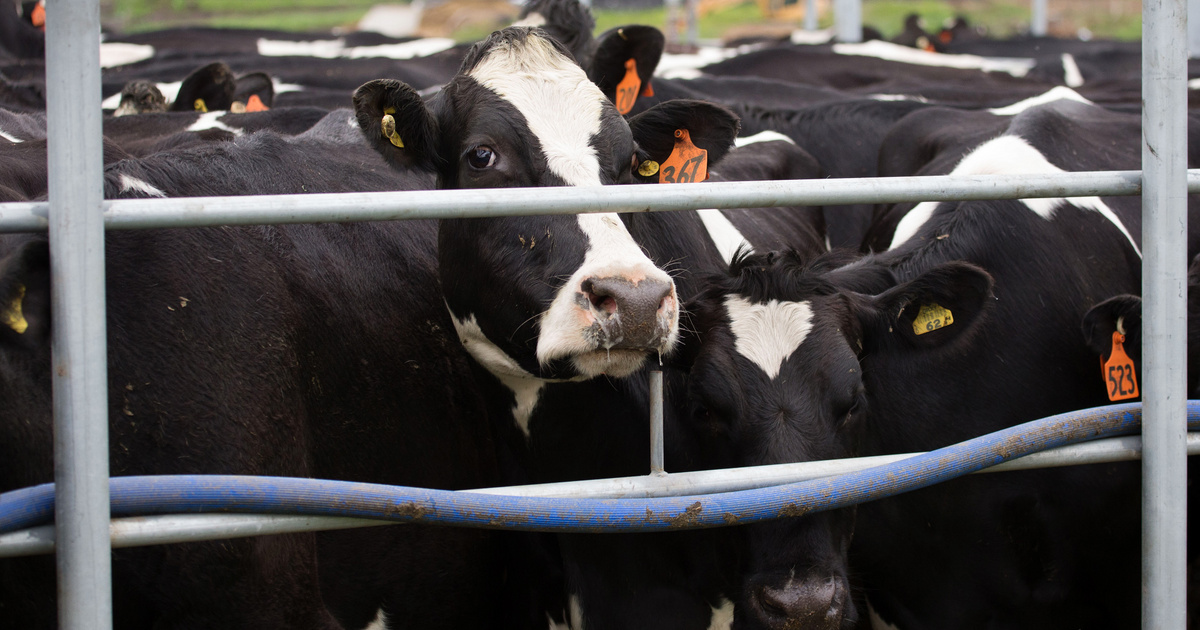If implemented, it would be the world’s first such tax – the plans would allow farmers to pass the extra cost onto consumers, saying they were selling climate-friendly food. Despite this, the draft did not receive the enthusiasm of those involved, she said hv news.
According to the opposition, the burp tax will not actually achieve its goal and will only increase emissions, because New Zealand will reduce animal husbandry, and this will give the green light to farmers in other countries, who do not have to deal with such burdens. . New Zealand’s agriculture, including milk production, is the country’s most important export sector – and New Zealand is also a supplier to China.
The territory of New Zealand is shared by five million people, ten million cattle and twenty-six million sheep. Because of large animal husbandry, there is a problem not only with cow burping, but also with animal urination, because it also produces greenhouse gases. The government wants to make the economy carbon neutral by 2050, and in order to achieve this, it will reduce methane emissions from livestock by ten percent by 2030 and by forty-seven percent by 2050.
It is planned to introduce a belching tax under this plan: farmers will have to pay it from 2025, although it is not yet clear on what basis it will be calculated and what amount exactly. The government undertakes to reinvest the amount raised in this way in the technological development of the sector.



